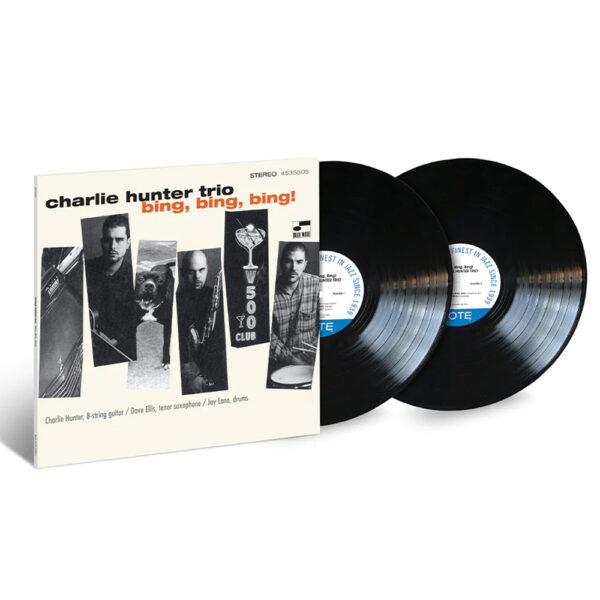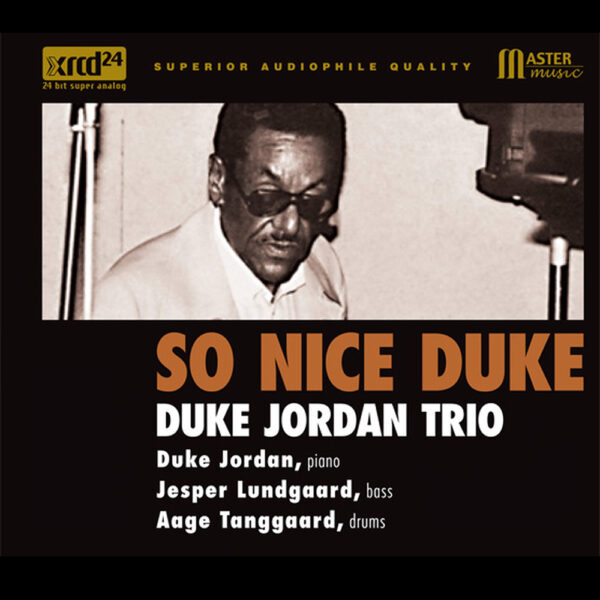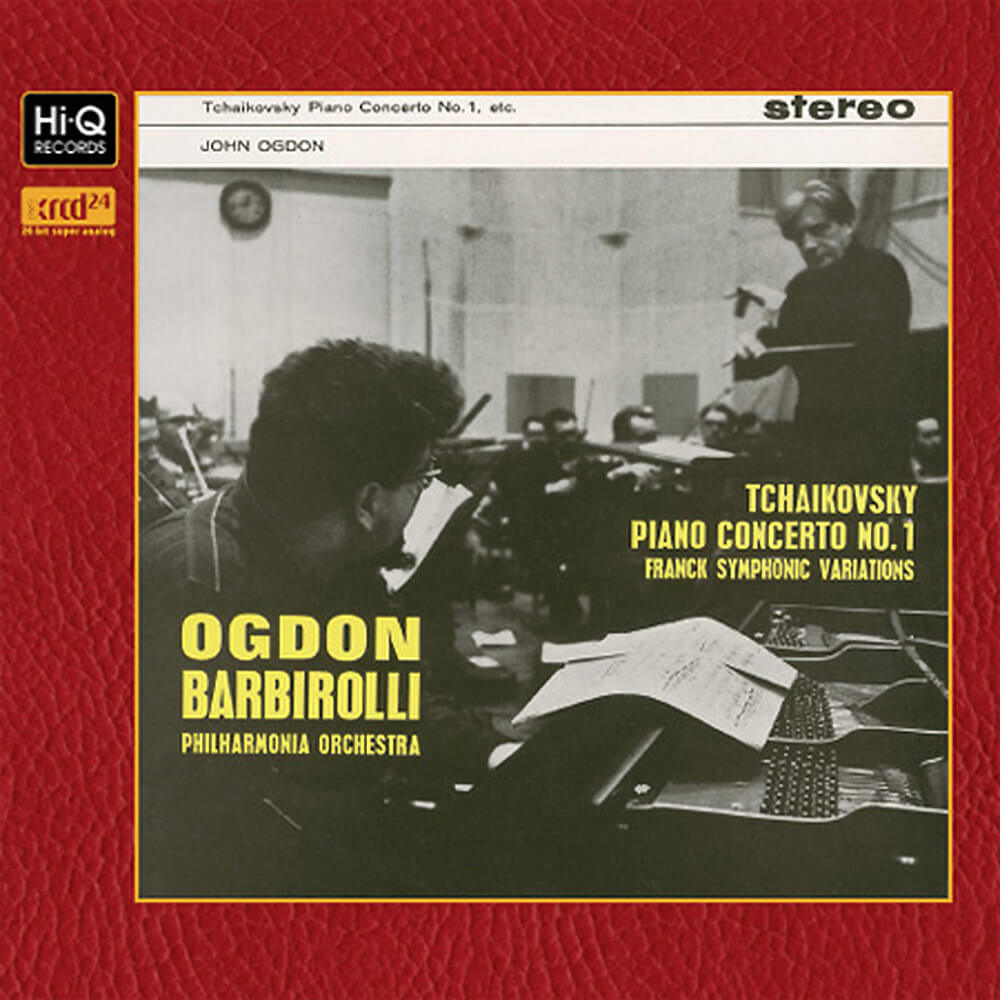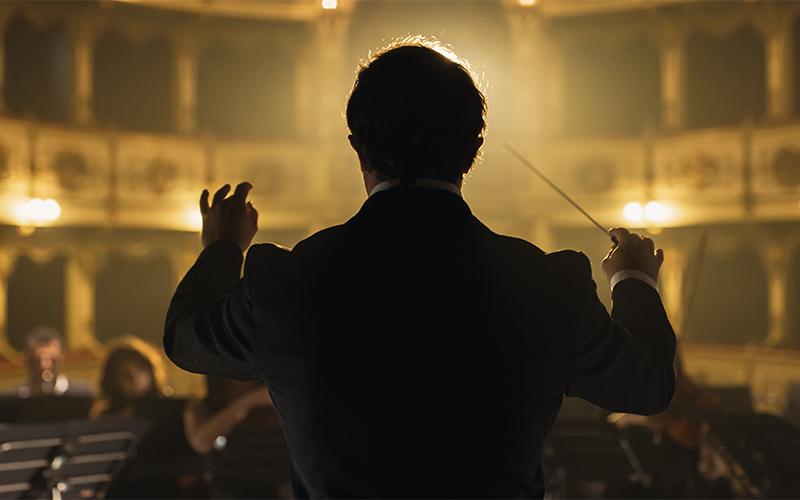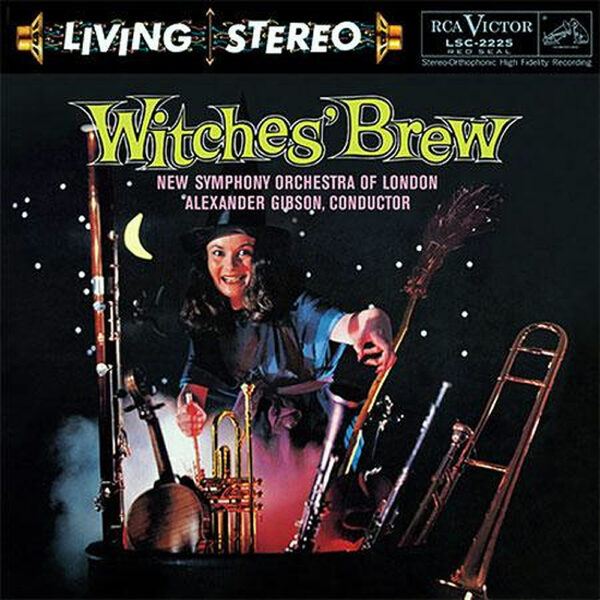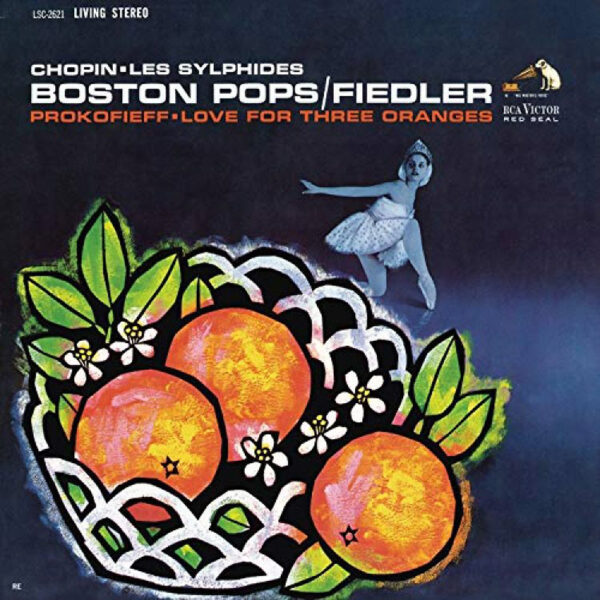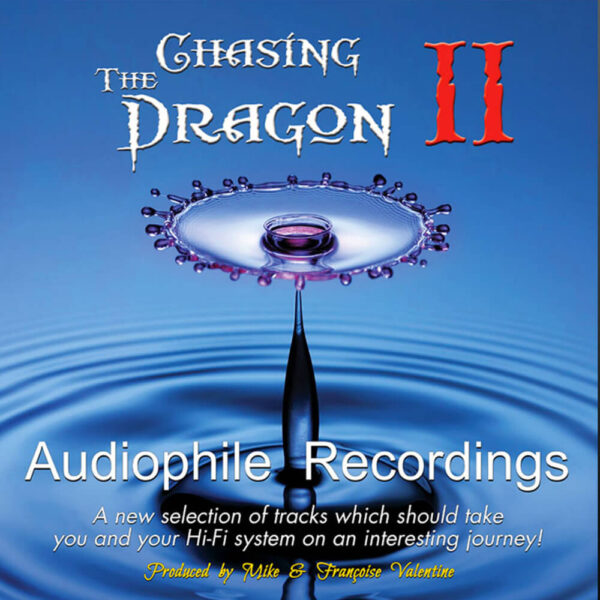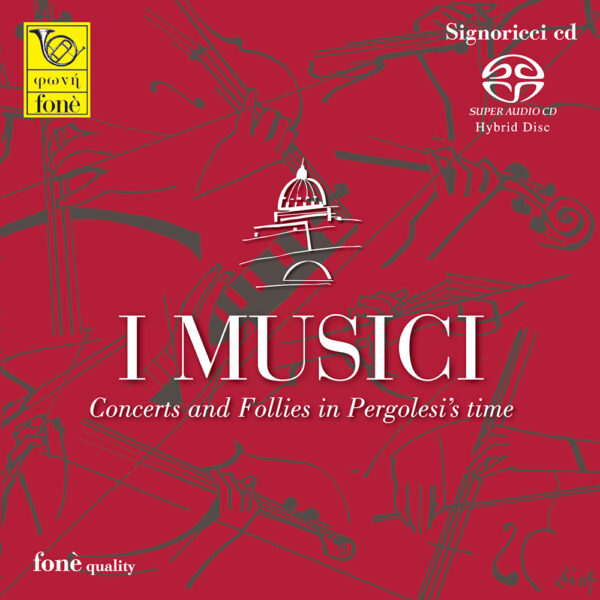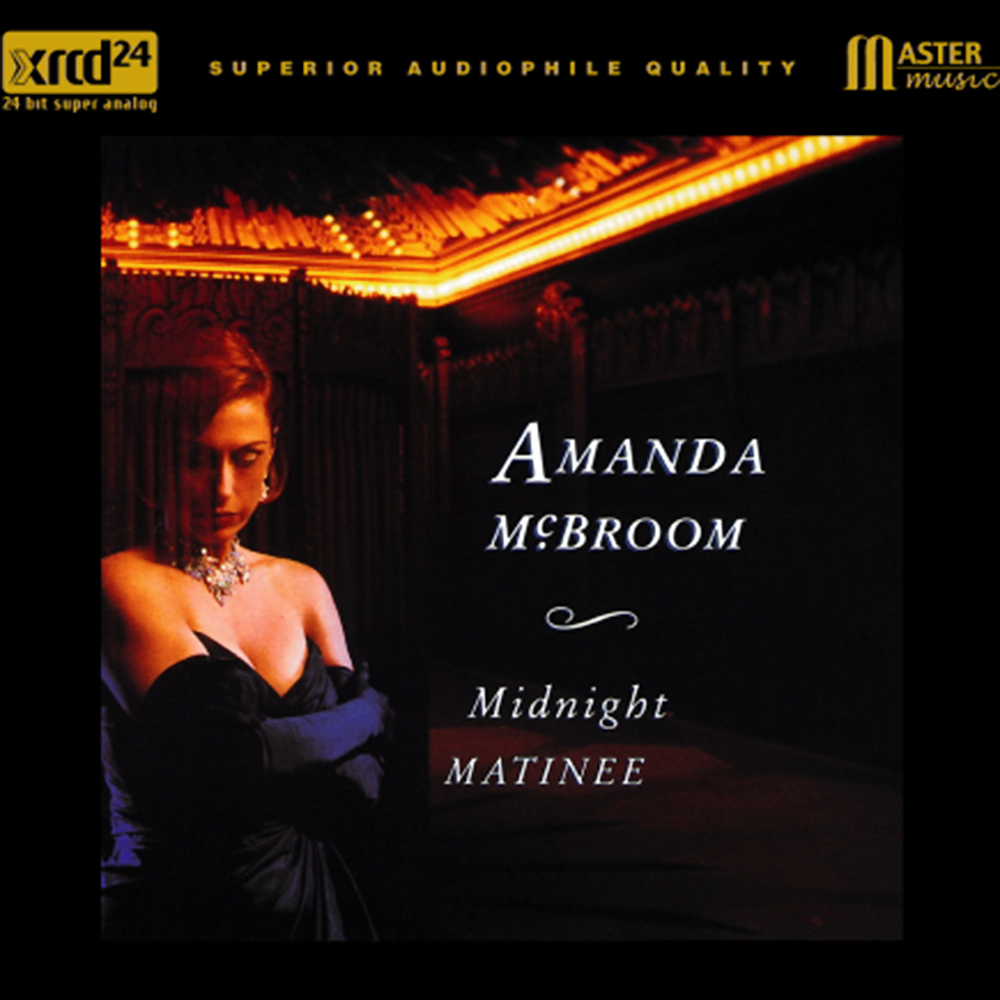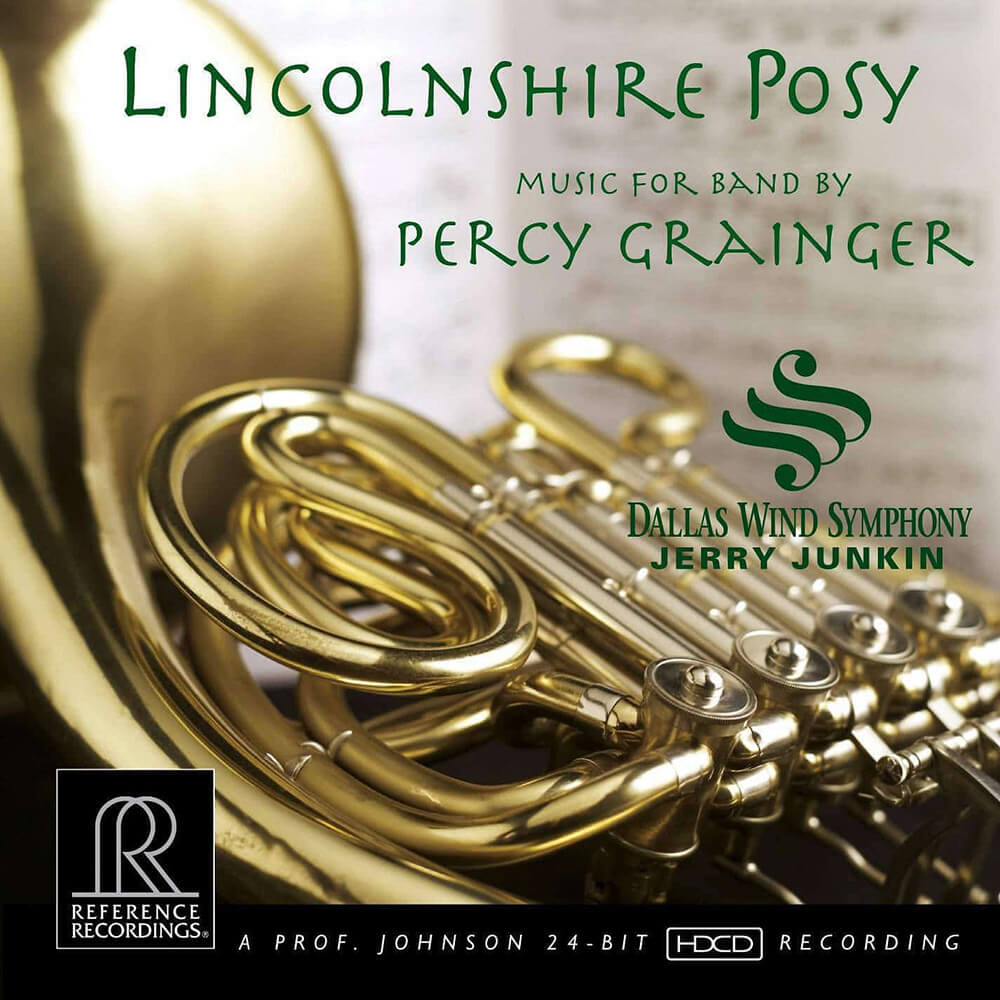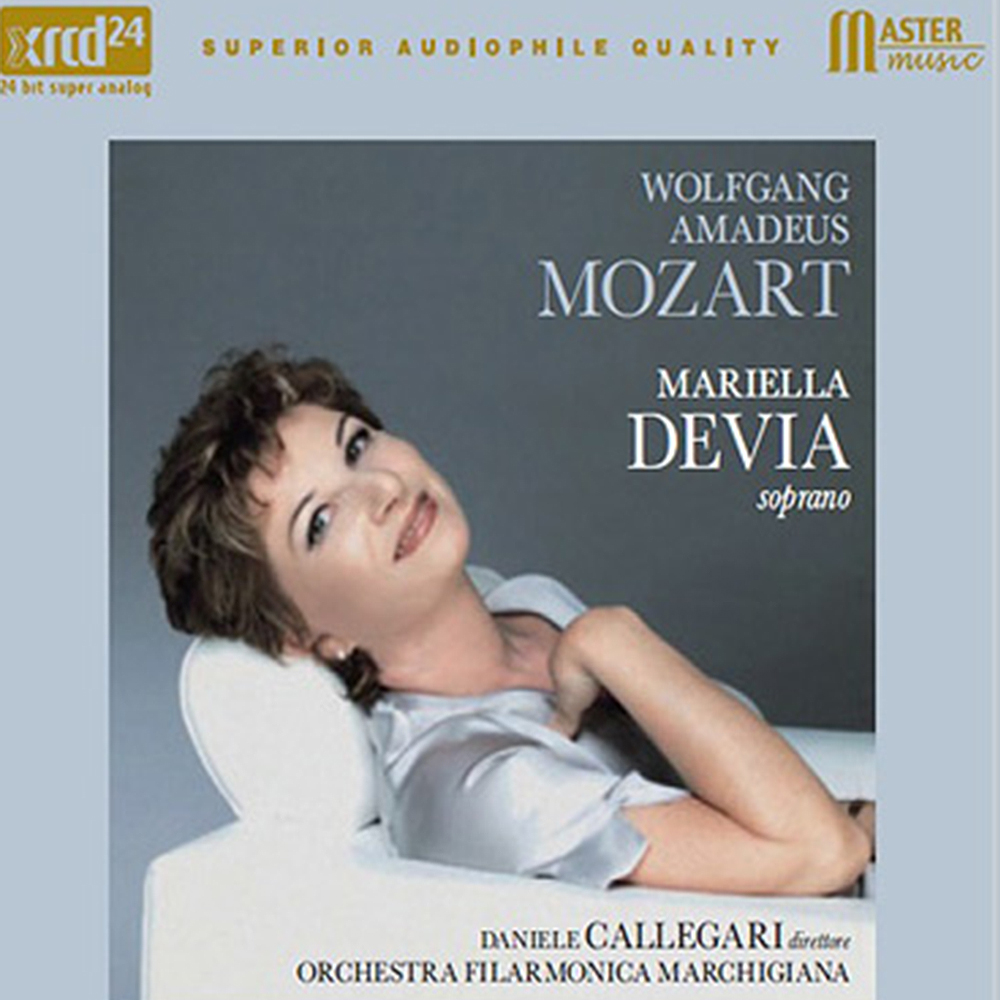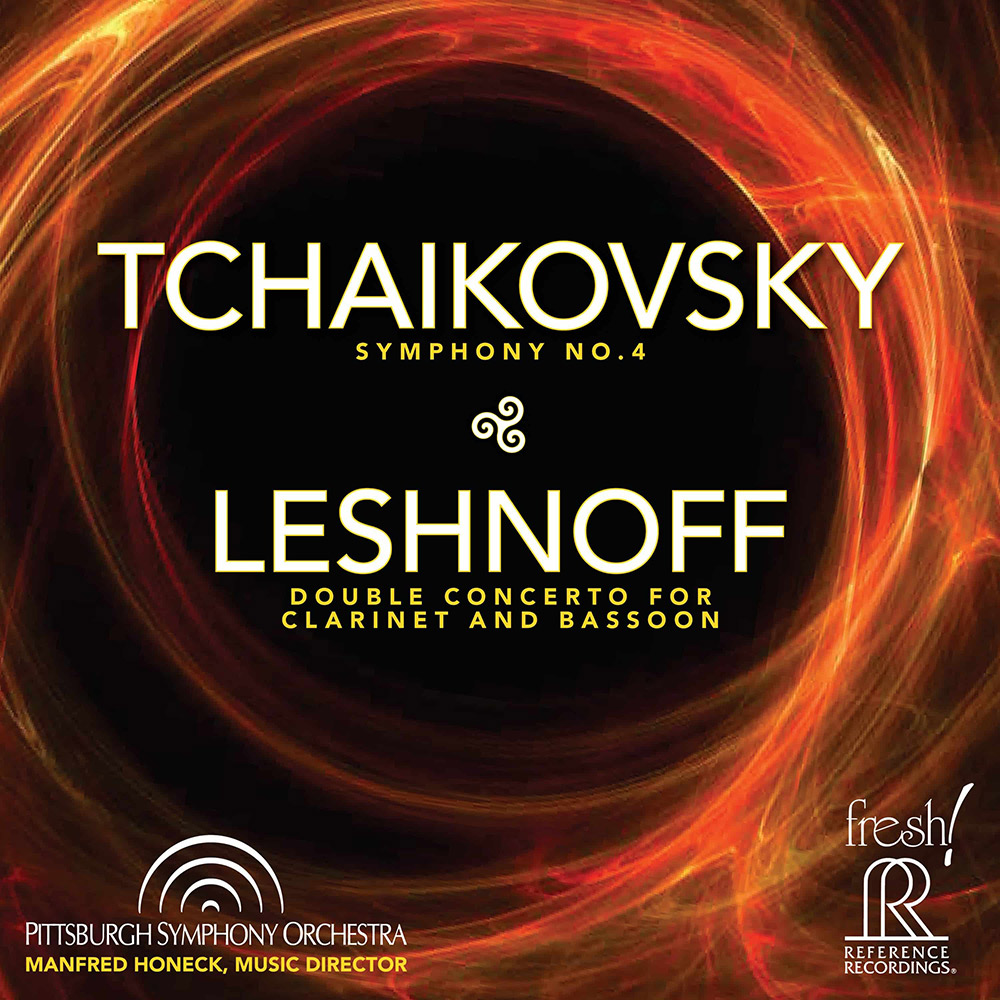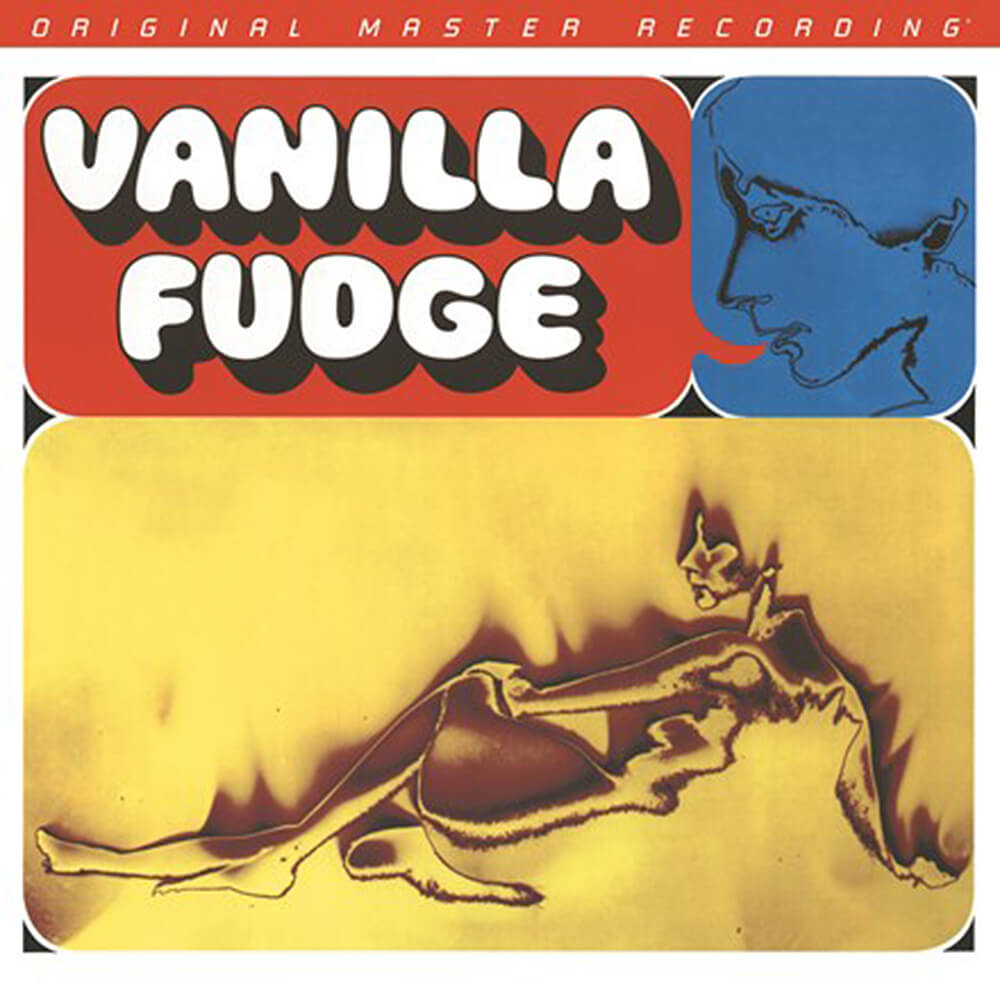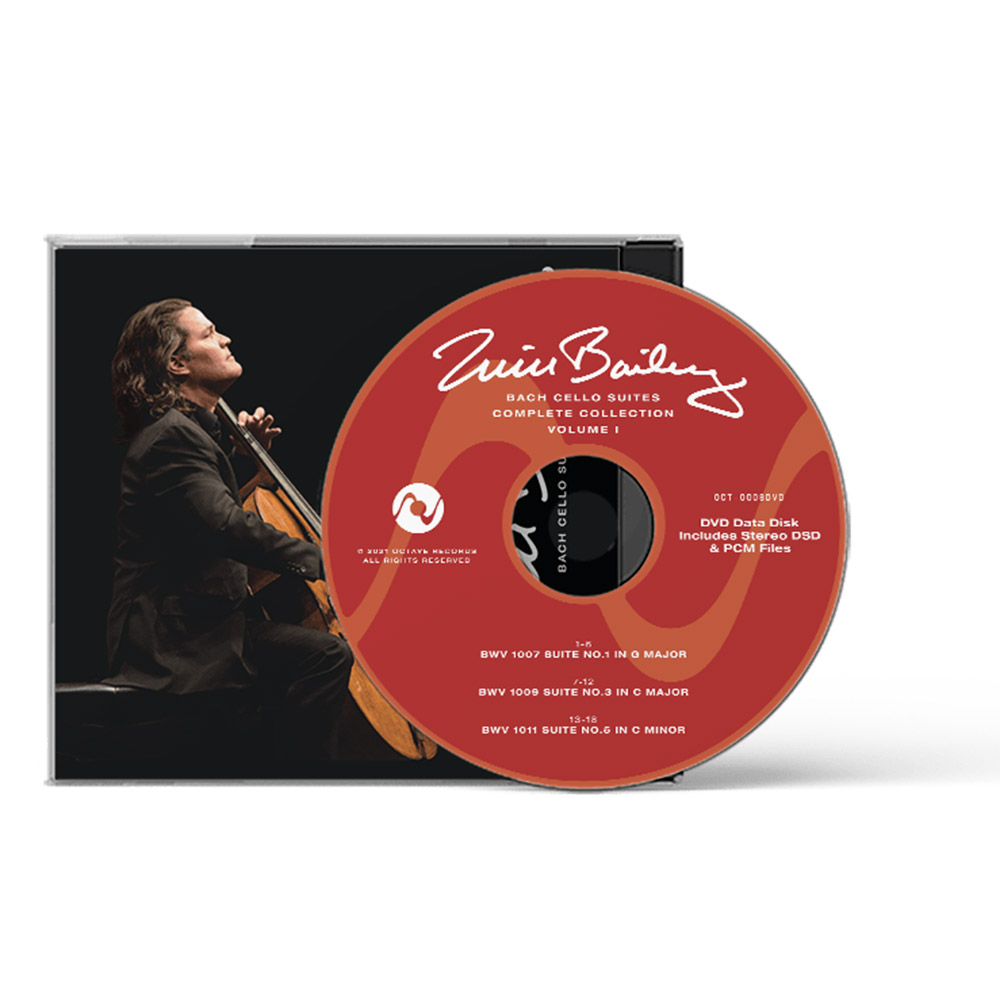Tchaikovsky Piano Concerto No. 1 Hi-Q Records XRCD24
The Tchaikovsky Piano Concerto No. 1, available from Hi-Q Records as an XRCD24, represents a high-fidelity audio format known for its exceptional sound quality.
This concerto, one of Tchaikovsky’s most famous works, is celebrated for its dramatic and emotionally charged melodies, making it a staple in the classical music repertoire.
The XRCD24 format enhances the listening experience by providing a more accurate reproduction of the original recording’s nuances and dynamics.
This release is particularly appealing to audiophiles and classical music enthusiasts who seek the highest possible sound fidelity from their audio recordings.
Pianist John Ogdon and the Philharmonia Orchestra lead by Sir John Barbirolli perform Tchaikovsky’s Piano Concerto No. 1 alongside Symphonic Variations by Cesar Franck.
Musicians:
John Ogdon, piano
Philharmonia Orchestra
Sir John Barbirolli, conductor
Track Listing
Pyotr Ilyich Tchaikovsky (1840 – 1893)
Piano Concerto No. 1 in B flat minor, Op. 23
1. I. Allegro non troppo e molto maestoso – Allegro con spirito
2. II. Andantino semplice – Prestissimo – Tempo I
3. III. Allegro con fuoco
Cesar Franck (1822-1890)
Symphonic Variations
4. Poco allegro – Allegretto quasi andante – Molto piu lento – Allegro non troppo
Recorded December 17 & 18, 1962 No. 1 Studio, Abbey Road, London.

